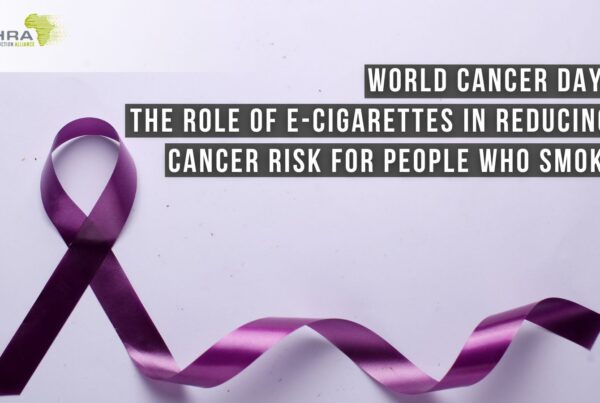At the New Approaches Conference, Dr. Jindrich Vobořil challenged the audience to rethink harm reduction, moving beyond its traditional focus on drugs and tobacco to encompass broader behavioural patterns like gambling and alcohol use.
Dr. Vobořil pointed out that harm reduction, traditionally associated with needle exchanges and opioid substitution therapies, should not be limited to drug policy. Gambling, for instance, can be just as addictive as substances like heroin or nicotine, and certain gambling products carry far greater risks than others. He drew parallels between the regulation of gambling and the regulation of nicotine products, arguing that both fields require an understanding of varying risk levels.

The Czech Republic’s harm reduction strategy acknowledges these complexities. Dr. Vobořil explained that his government treats all addictions—whether to substances or behaviours—under a single, integrated policy framework. By recognizing that different products carry different risks, Czech regulators aim to design interventions that address the full spectrum of addictive behaviours.
This shift in focus is crucial, he argued, because harm reduction should be about more than just minimising the harms caused by drug use. It’s about developing policies that prevent addiction across the board, while promoting safer alternatives where abstinence is not a realistic goal.
As the global debate around harm reduction continues, Dr. Vobořil’s holistic approach offers a fresh perspective on how governments can protect public health while respecting individual choice.
This article was written with assistance from AI technology based on Dr. Jindrich Vobořil’s presentation at the New Approaches Conference.
THR Topics
Popular Posts
Quick Links
Women in THR
Related Posts
 Letter to the World Health Organization (WHO)
Letter to the World Health Organization (WHO)
Letter to the World Health Organization (WHO)
 Public Health implications of vaping in Germany
Public Health implications of vaping in Germany
Public Health implications of vaping in Germany
 Public Health implications of vaping in the United States of America
Public Health implications of vaping in the United States of America








